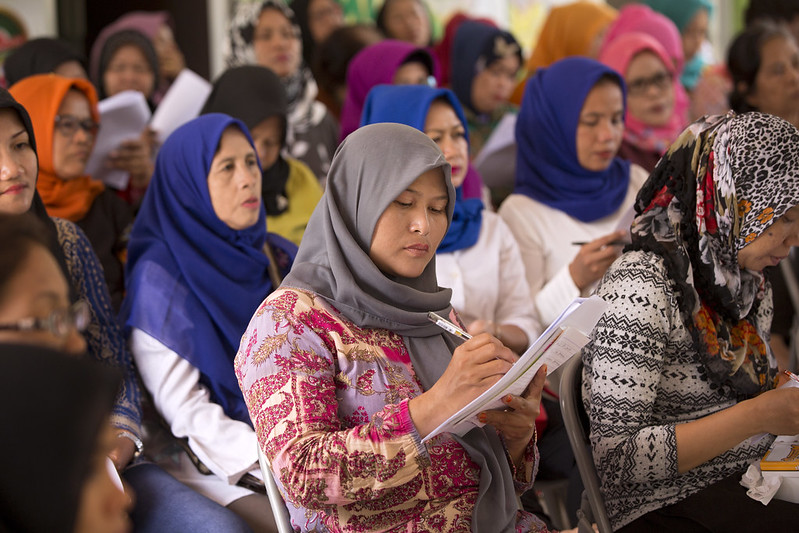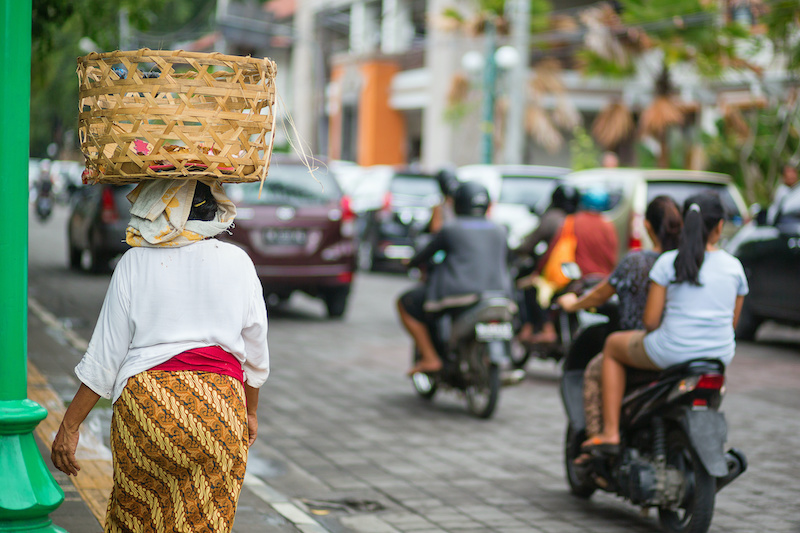Recommended
This paper analyzes a rich pre-pandemic data set on both men and women business owners from 401 mainly rural villages in five regencies (kabupaten) of East Java province, Indonesia. There are some similarities but mostly large gender differences in characteristics and resources in this random sample of Indonesian businesswomen and businessmen. Similarities include years worked in the business and cognitive ability of businesspeople. Large differences include proportionately more women business owners operating ‘consumer facing’ restaurants and retail shops hard hit by the COVID-19 pandemic and sharp gender gaps favoring men in the total value of business capital and savings and in all sources of monthly earned income. Multivariate analysis (propensity score matching) finds that much of the observed gender gaps in earned income and savings remain after business owners are effectively matched on the basis of their pre-existing characteristics and resources (endowments) suggesting that underlying discrimination may be an important driver. The findings further suggest that discrimination by customers and gender rigidities in women’s work time allocation likely contribute to gender inequalities in business outcomes. In the absence of effective interventions, there is a risk of a vicious cycle in which women’s low earnings lead to low savings (unexplained by gender differences in saving behavior), limited capital formation and risk-taking, and to even lower earnings. The paper uses these and other findings to discuss ways for gender-informed economic recovery programs to strengthen micro and small businesses, especially by addressing household and community factors that tilt business environments in favor of men.
Rights & Permissions
You may use and disseminate CGD’s publications under these conditions.







